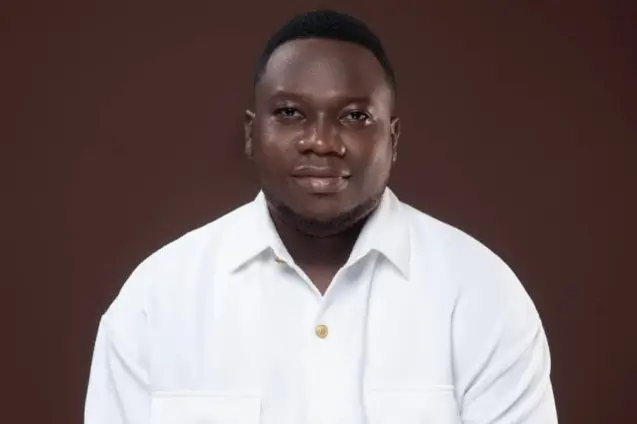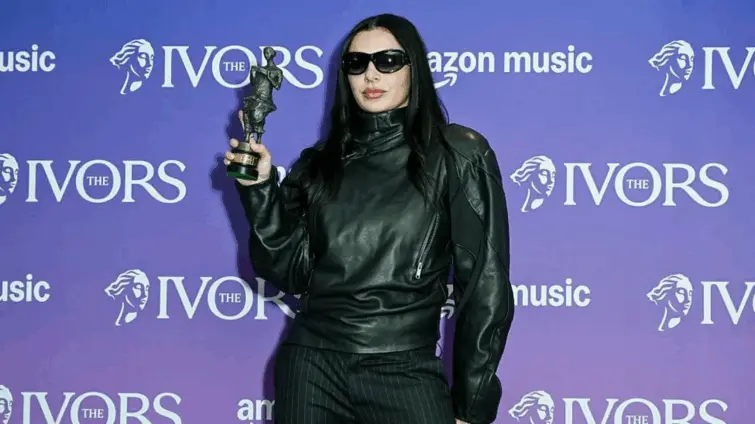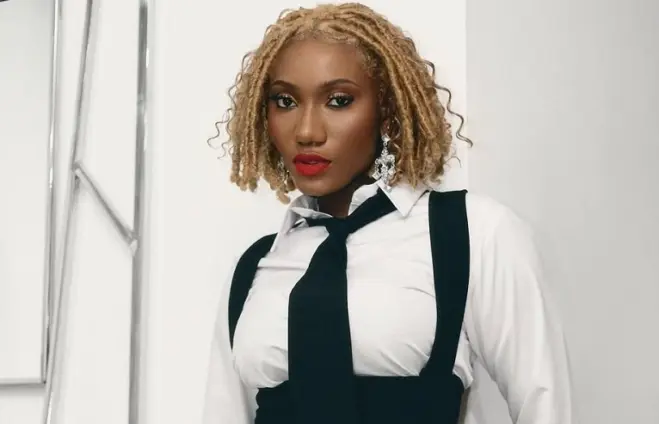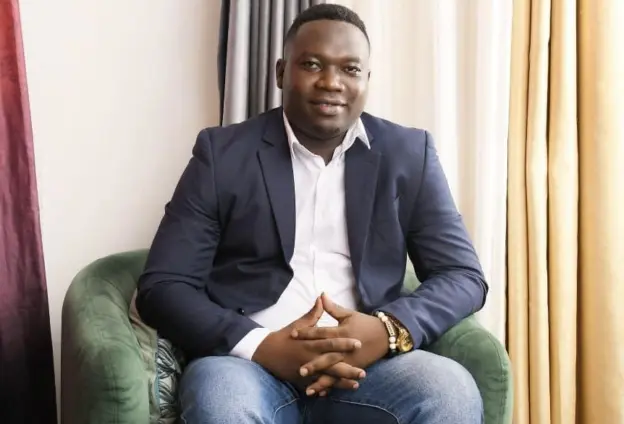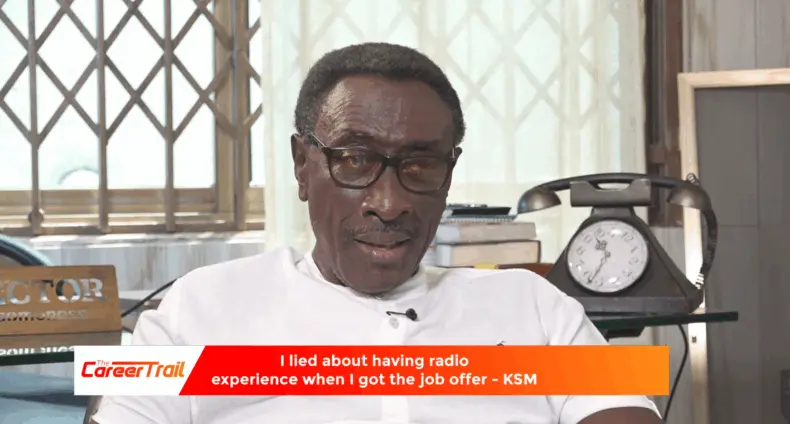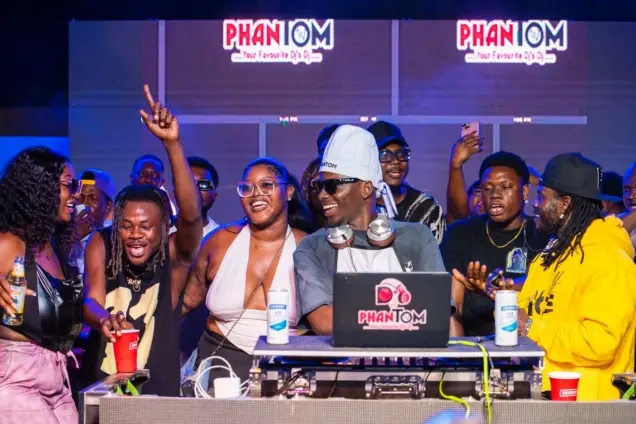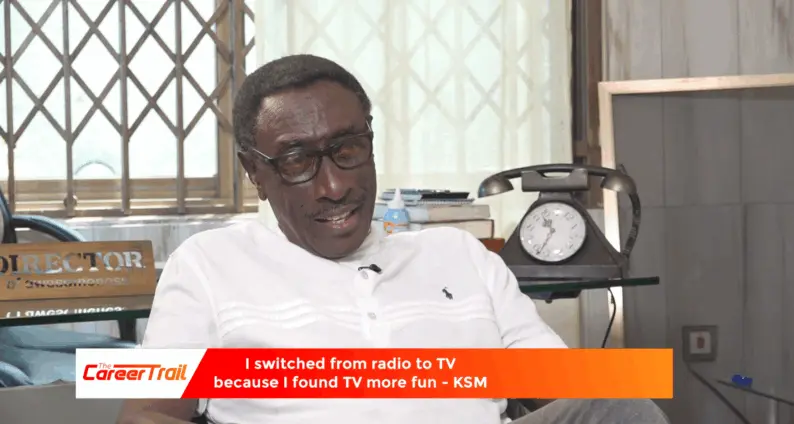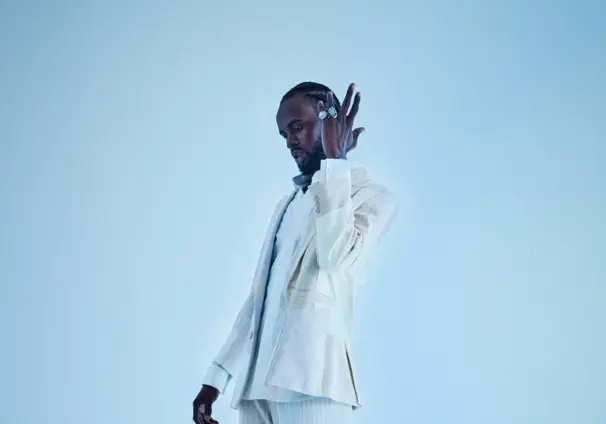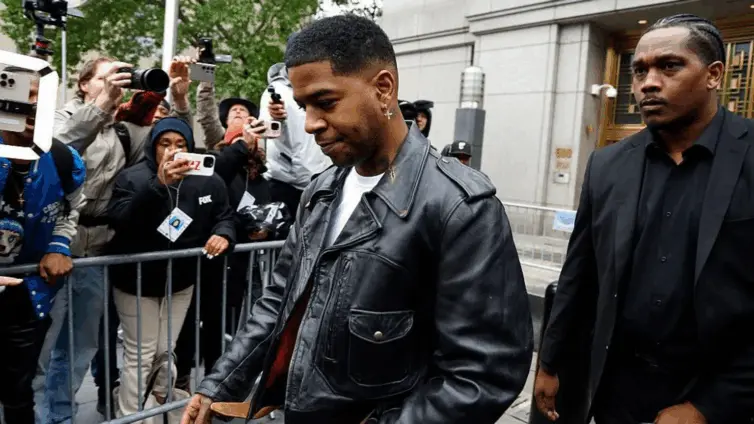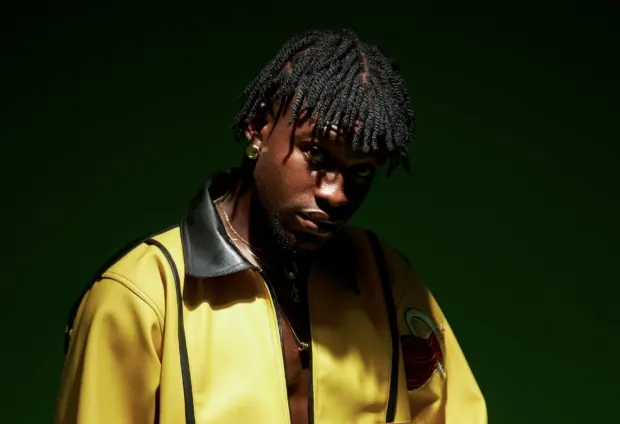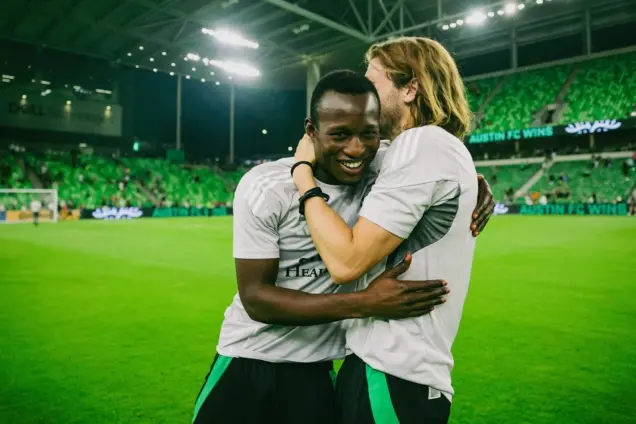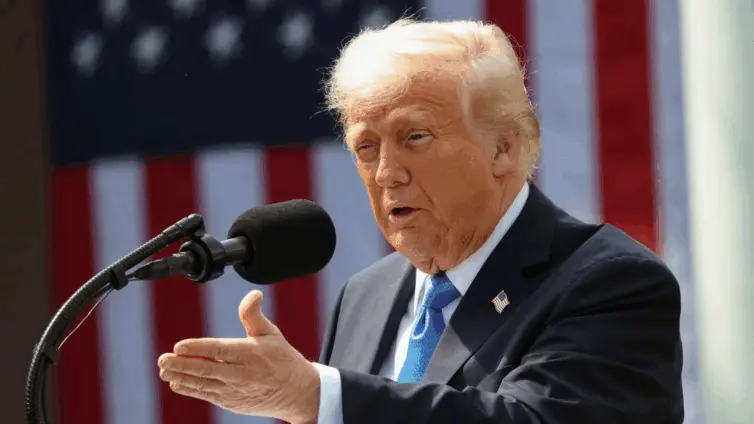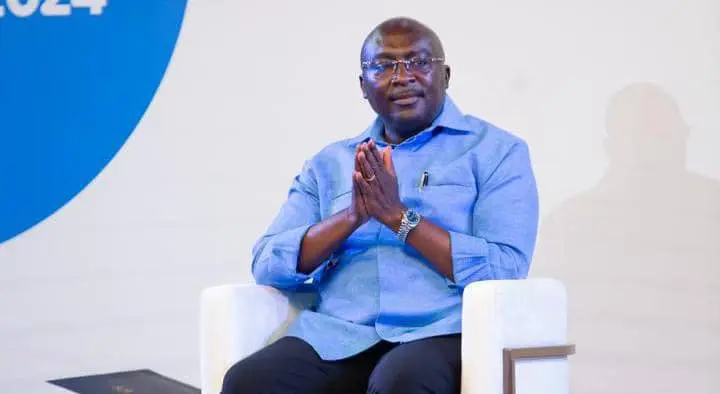The state of poetry in Ghana has sparked a debate, ignited by a recent statement from Dennis Boateng, CEO of the Ghana Comedy Awards. Boateng, in an interview on Hitz FM, voiced concerns about a perceived decline in the art form. This raises a crucial question: Is the close association with comedy, or other less visible factors, contributing to the current status of Ghana poetry?
Dennis Boateng, a prominent figure in Ghana’s entertainment scene as the CEO of Ghana Comedy Awards, highlighted an interesting dynamic. This article will further explore the implications of Boateng’s statement, diving into the multifaceted world of Ghana poetry and the factors that may be influencing its trajectory.
Is the blending of comedic elements with poetic expression helping or hurting the art? Is this a sign of the decline of poetry as an art form in Ghana? These questions call for a deeper look into the current status of poetry in Ghana, and what may be the root causes of what is happening.
Dennis Boateng’s Perspective on Poetry’s Decline
Dennis Boateng’s observations stem from his experience with the Ghana Comedy Awards. Initially, the awards combined poetry and comedy categories, due to the fact that both art forms often share the same stage.
“And when you go to comedy shows, mostly you see poets performing as well…to support these two spaces,” Boateng explained, highlighting the intention behind the joint award scheme. He noted that the rationale was to create a symbiotic relationship, where poetry could benefit from the larger audiences drawn to comedy. However, this model has since been re-evaluated.
Boateng also revealed the existence of a separate poetry award scheme, currently on hold. “Yes, we have it…But we’ve not started it yet because I must say, let’s be honest, poetry is a bit on a decline.” This pause speaks volumes, suggesting a need for reassessment and potential revitalization of poetry within Ghana’s cultural landscape.
Is Comedy a Culprit or a Catalyst?
The intertwining of comedy and poetry presents a complex dynamic. Some argue that comedic elements may overshadow the artistic integrity and dilute the depth of poetry. It is argued by some that the focus may shift towards lighter, more humorous pieces. This can affect the willingness of poets to perform pieces that are serious, or that make people contemplate issues more deeply.
Conversely, comedy could provide a valuable platform, offering poets a wider audience. It gives poets an opportunity to perform in front of an audience that would not otherwise consume poetry. By integrating it into a comedic set, the audience is much more receptive to experiencing a form of art that they may not have been open to before. If the poems are funny, this allows a deeper connection and experience to form between the poet and the listener.
Is poetry even declining, or is it simply evolving? Traditional forms may be giving way to new formats like spoken word and performance art, which have become increasingly popular. The rise of social media has also drastically altered the distribution and consumption of poetry. Platforms like Instagram, X, and TikTok have enabled poets to reach global audiences, bypassing traditional publishing routes.
Alternative Factors Contributing to the Decline
Beyond the influence of comedy, other factors could be contributing to the state of Ghana poetry. Limited funding and resources for the arts create a challenging environment for artists across various disciplines. This can lead to limited exposure to art forms like poetry, and prevent new poets from coming up.
Changing cultural preferences also play a significant role. As music, movies, and other forms of entertainment gain prominence, poetry may struggle to compete for audience attention. This could affect the popularity of shows and public performances, and discourage new poets from trying to create a name for themselves. It is a steep hill to climb when other art forms are so much more prominent.
The educational system’s role in promoting poetry is another critical aspect. If poetry is not actively taught and celebrated in schools, younger generations may not develop an appreciation for it. Different teaching methods could also create a larger appreciation for poetry among children. Some poems are boring to read, and are not relatable to the current generation. Perhaps, modern poetry can be infused into the school system to create a greater appreciation.
In conclusion, Dennis Boateng’s concerns about the perceived decline of Ghana poetry highlight a complex interplay of factors. While comedy’s influence remains a subject of debate, broader issues such as funding, cultural shifts, and education all play crucial roles.
Ultimately, a balanced approach is needed to support and promote the art of poetry in Ghana. By acknowledging the potential benefits and drawbacks of various influences, the poetry community can work towards a more vibrant and sustainable future.
Readers are encouraged to share their thoughts on this issue and support Ghanaian poets and the arts. The Ghana Comedy Awards is scheduled for May 24, 2025, at the LaPalm Royal Beach Hotel.
Image Source: MYJOYONLINE

